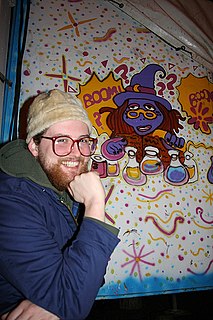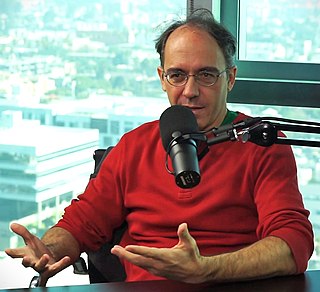A Quote by Kwame Dawes
Our goal is to publish African poets in as many ways as possible.
Related Quotes
Despite our founding principles and the many ways our constitution has protected individual liberties, we do, let's admit it, have a long history of shutting people out--african americans, women, gays and lesbians, people with disabilities--and throughout our history, we have found too many ways to divide and exclude people from their ownership of the law and protection under the law.
What I can say is that it was clear to many of us that an indigenous African literary renaissance was overdue. A major objective was to challenge stereotypes, myths, and the image of ourselves and our continent, and to recast them through stories- prose, poetry, essays, and books for our children. That was my overall goal.
I don't doubt that at the dawn of martial arts, the main goal was to beat up one's opponents in the most effective way possible. But then, indirectly, the alchemy of martial arts began to strike some chords deep within the spirit of many individuals, transforming living war-machines into poets, artists, and philosophers.
I've always been more than a little mystified by poets who seem to think talking to people as directly as possible is a bad thing. I mean, I don't want to set up a straw man here: I understand that for many poets - and for me, at times - writing truly means writing in a way that is difficult, simply because the poem is trying to grasp for something elusive. So the difficulty of the poem is just unavoidable, and not in any way artificially imposed. So "as possible" is the key part of the phrase above, I suppose.
Despite wanting to work in publishing, I was a publisher's worst nightmare: I rarely bought new books. So my goal was to publish the kind of books I would buy, and read. My reading habits have changed since starting the press. The only other "goal", per say, is to continue to experiment. I don't want the press to ever fall into a formula, or to be pigeonholed - "They do great reissues of modernist poets!" - I want to keep pushing, exploring the kind of title we can get away with. And working with authors who challenge the way I think about writing, editing and reading.





































